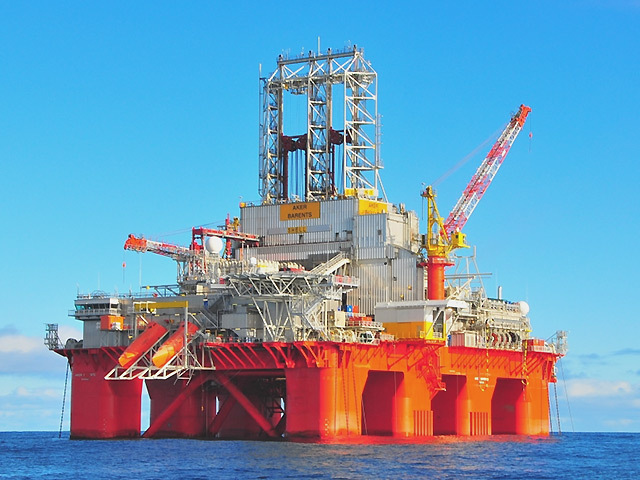
Transocean Ltd., the world’s largest offshore rig contractor, has been linked for the first time to the corruption probe of Petroleo Brasileiro SA, the state-owned energy giant at the center of Brazil’s biggest corporate scandal.
A former executive at Brazil’s state-run oil company has testified to receiving what he says were payments made by someone claiming to be a Transocean agent in exchange for a rig- operation contract from Petrobras.
“Transocean has a long-standing commitment to and upholds the highest standards for corporate ethics and compliance,” the company said in an e-mailed response. “Our employees — and everyone conducting business on our behalf — are required to adhere to our high standards for integrity, honesty, financial discipline and legal and regulatory compliance.”
As a result of the probe into the alleged pay-to-play scheme, known as Carwash, Petrobras has temporarily blocked more than 20 suppliers from future work with the oil company, which claims it is a victim of the bribery and is cooperating with authorities. Transocean is not one of those companies.
The scandal has spurred increased calls for President Dilma Rousseff’s impeachment and the resulting political turmoil contributed to a sovereign downgrade to junk this month. Rousseff has said she knew nothing about wrongdoing at the time she was chairwoman of Petrobras and that her government will not stop short of uncovering the full truth.
Eduardo Musa, who has turned state’s witness in the probe by federal prosecutors into Petrobras, said he was offered the alleged Transocean payments by an individual he described as an assistant to Nestor Cervero, former head of Petrobras’s international division, in which Musa also worked, according to a transcript of his Aug. 26 testimony published on the website of a court in Curitiba, Brazil, overseeing the case.
Cervero was sentenced in August to more than 12 years in prison for corruption and money laundering. Musa’s lawyer, Luis Gustavo Rodrigues, confirmed his client’s testimony in the court documents when reached by phone. Cervero’s lawyer Edson Ribeiro denied any participation by his client in the drillship contract or related kickbacks.
The evidence against Cervero was collected “through intimidation” and his defense is working to have the testimonies thrown out, his lawyer Ribeiro said.
Musa testified that in late 2007 he was approached by one of Cervero’s assistants, who offered part of the commission if Transocean won a contract to operate the Petrobras 10,000 drilling rig. Musa then met a man who presented himself as a Transocean agent named Carlos Moura to discuss the contract tender. Transocean, based in Vernier, Switzerland, submitted the most competitive bid for the contract, and Musa started receiving payments in 2012 from the agent, according to his testimony.
Petrobras “maintains its commitment to collaborate with all the investigations, not just this case,” the company said in an e-mailed response. The company continues to work with Brazilian authorities to recover damages stemming from the bribery scandal, it said.
Musa never spoke about the contract directly with Cervero, according to the testimony. None of the testimony indicates he had any contact with Transocean apart from the alleged agent named Carlos Moura.
Petrobras is reducing its drilling fleet as part of a wider effort to cut spending to weather the oil rout. This month the company canceled at least two rig contracts and five platform- supply vessel contracts. None of the canceled rig contracts were with Transocean. Five of Transocean’s 63 offshore drilling units are currently working for Petrobras in Brazil, according to its website.
Although Brazil is one of the three most important regions in the world for deepwater oil drilling because of its vast reserves under the seafloor, just working with Petrobras “is becoming a disaster,” J.B. Lowe, an analyst at Cowen & Co. in New York, said Thursday in a phone interview.
“One leg of that three-legged stool has been wobbling for quite some time,” Lowe said. “This corruption scandal is only going to make it more difficult.”
The five rigs contracted to Petrobras represent about 7 percent of Transocean’s total backlog of work, said Lowe, who rates the company’s shares the equivalent of a hold and owns none.
Other international companies may be mentioned in the larger Petrobras probe as it expands, said Bernardo Wjuniski, a Sao Paulo-based research analyst at Medley Global Advisors who follows the oil industry.
“I get the impression the investigation could start to expand outside of Brazil,” Wjuniski said. “They’re going through more companies.”
Transocean slumped as much as 9.4 percent in New York on Thursday, and closed 4.8 percent lower at $13.01.